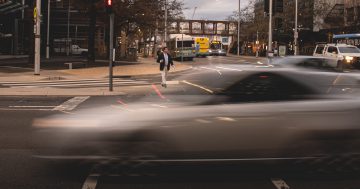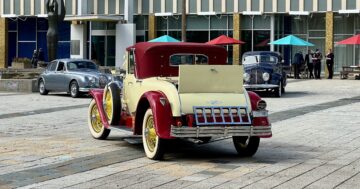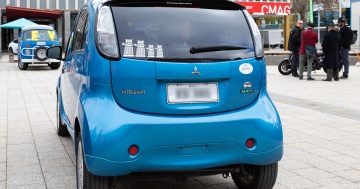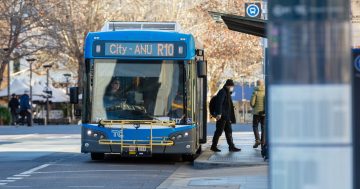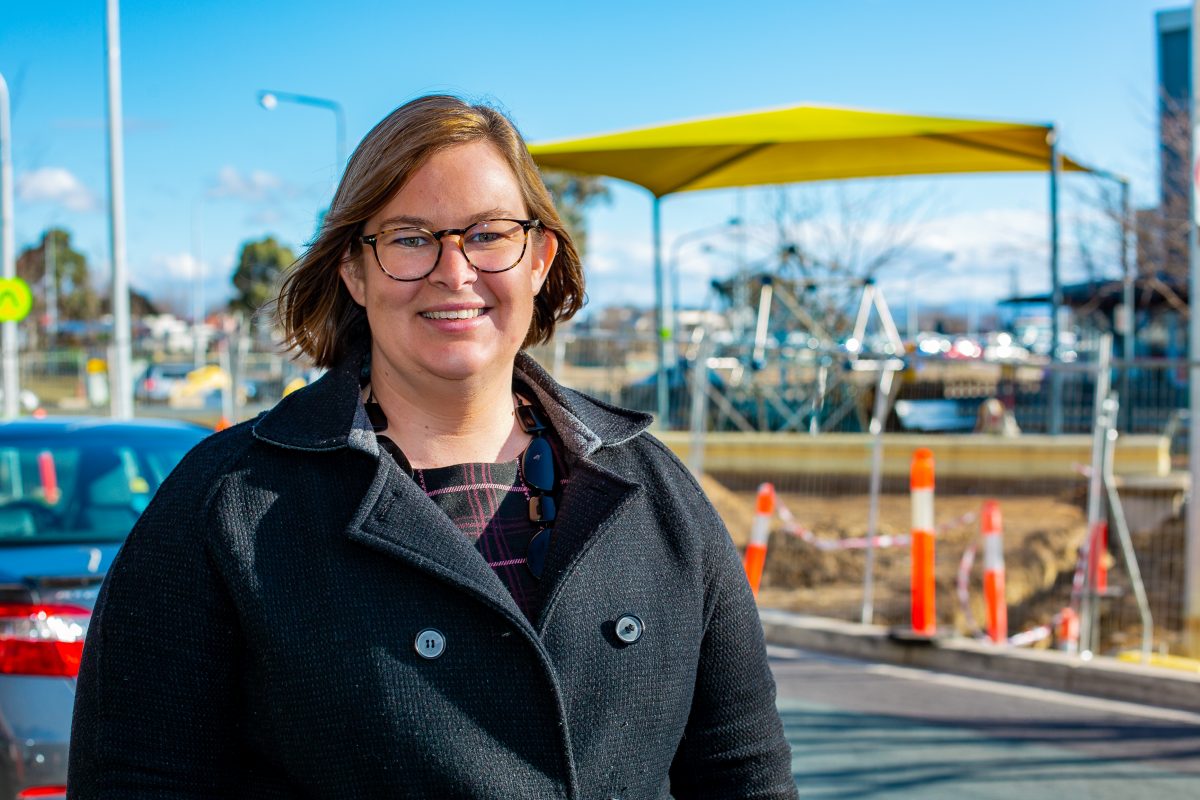
ACT Labor MLA Suzanne Orr didn’t rule out a future zero-emission zone in Canberra. Photo: ACT Government.
3 PM UPDATE: ACT Labor MLA Suzanne Orr has rejected claims banning fossil-fuel-powered vehicles from an area of Canberra would discriminate against those who can’t afford to drive electric vehicles (EVs).
The Advocacy For Inclusion (AFI), a local disability services and support organisation, echoed concerns by others that some Canberrans – particularly those with a disability – are “totally reliant on cars” and lack the upfront funds to transition to an EV.
Ms Orr said she had spoken to AFI CEO Craig Wallace about making sure any “transition to a cleaner economy … is inclusive”.
She didn’t rule out a future zero-emission zone in Canberra, but said it would look different to the vast areas and entry fees in other cities.
“If you look at a lot of the cities that have signed up the [C40 Cities Green and Healthy Streets Accelerator], everyone has done [the zero-emission zone] very differently,” she told Region.
“I would point people to examples like Paris, where they did one around a school and really looked at how they could improve the streets so everyone attending the school has safer access.”
She also said the process would be designed so no one is left behind.
“None of this is about rapid change. We’re not going to see any dramatic changes people aren’t ready for.”
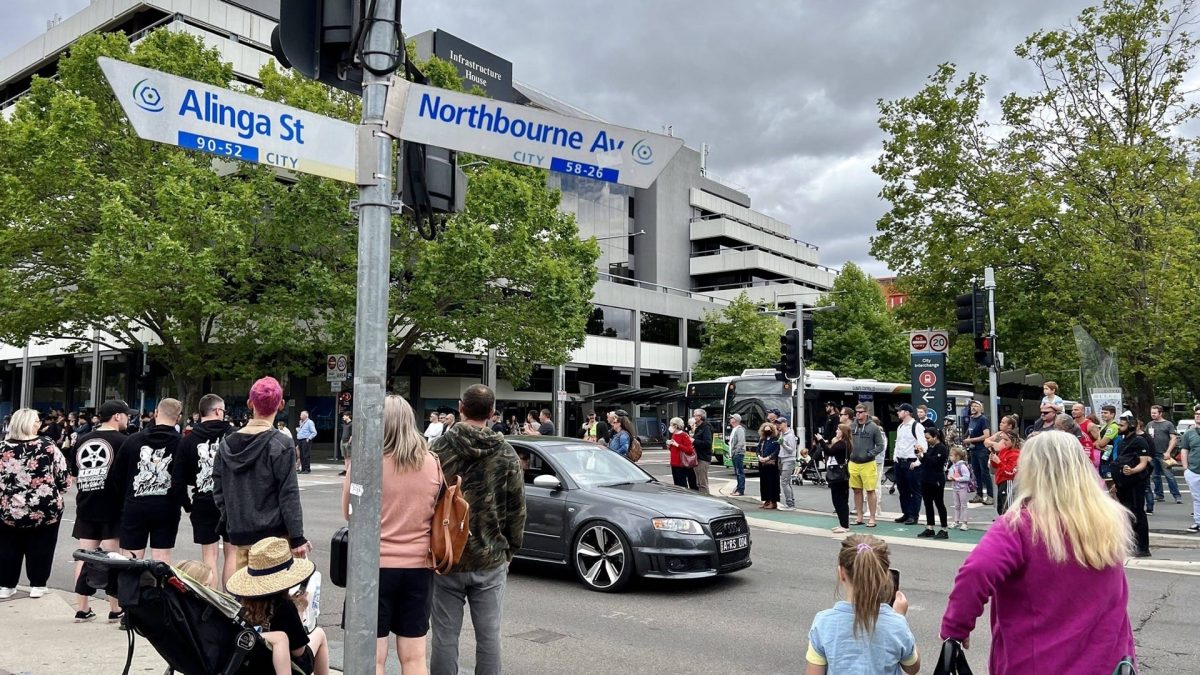
What would a ban on petrol and diesel-powered vehicles mean for people who can’t afford electric vehicles? Photos: James Coleman.
12:30 PM: The ACT Government says it will take feedback from the community on any ban on petrol and diesel-powered cars driving through a “significant area” of Canberra within the next six years.
The ACT Legislative Assembly passed a motion calling for the ACT Government to join cities around the world in signing up to the ‘C40 Cities Green and Healthy Streets Accelerator’ last week.
This is a commitment to “designate a significant area of the city as zero emission by 2030” and “procure only zero-emission buses from 2025”.
“When signing the pledge, you are committed to transforming your city into livelier, healthier and more prosperous places to live, with a focus on increasing the rates of walking and cycling and the use of public and shared transport that is accessible to all citizens,” ACT Labor MLA Suzanne Orr said.
Canberra Liberals member and Shadow Transport Minister Mark Parton called for the government to rule out a ban on fossil-fuel-powered cars in specific sectors of the city, but this amendment was defeated.
Members of the community have described the news as “discriminatory” and raised concerns over what it means for Canberrans who can’t afford the upfront cost of upgrading to an electric vehicle (EV).
“Easily the most discriminatory idea this government has ever come up with,” Rhiannon told Region.
“Apparently, the ACT Government hates poor people way more than I thought,” Sophie said.
“If the government does implement this, there certainly needs to be major improvements to the public transport system in order for people to get around without having to own a $50,000 electric car,” Emma said.
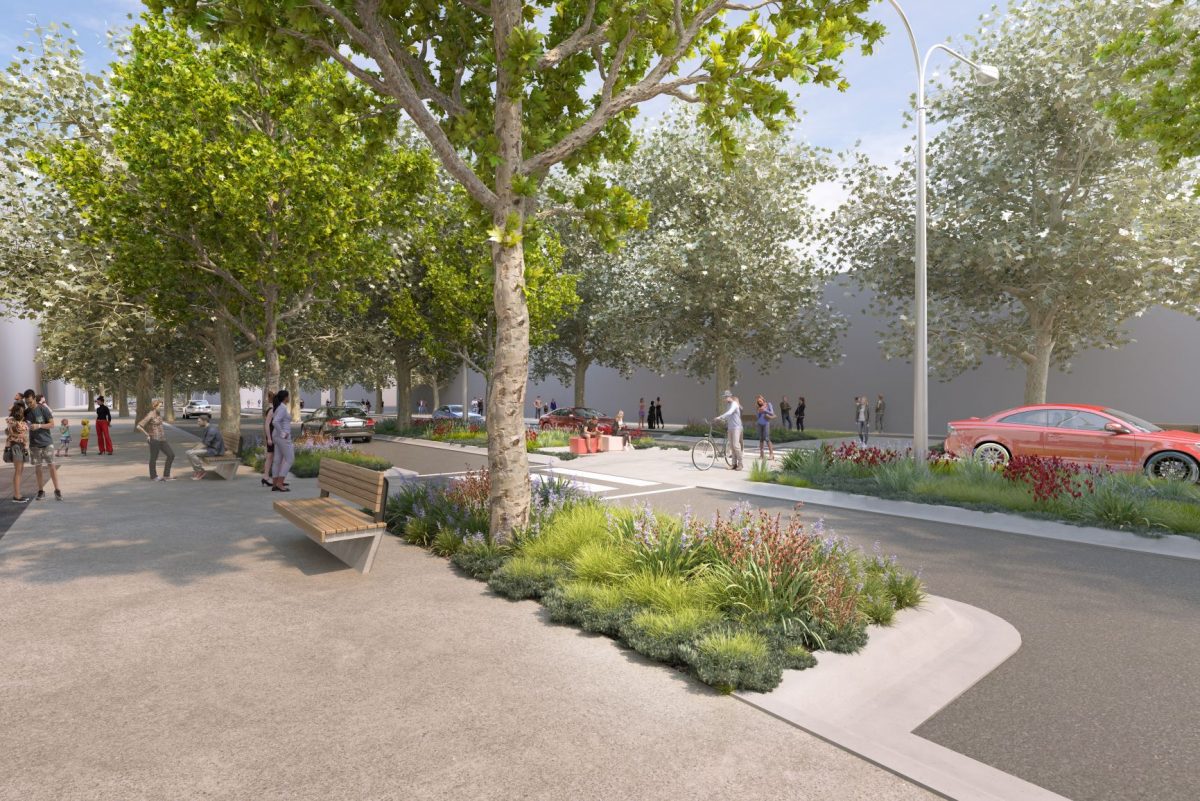
Could Braddon be a zero-emission zone in the future? The government will be asking. Photo: ACT Government.
Advocacy For Inclusion (AFI), a disability services and support organisation in Canberra, welcomed moves to “create clean, sustainable cities” but also warned of unintended consequences, particularly for people with disabilities.
“Some people with disabilities drive older vehicles due to poverty and practical issues in the design of new vehicles,” AFI CEO Craig Wallace said.
“The reality is that some people with disabilities and older people are totally reliant on cars for essential travel for work, education, services, family, recreation and medical appointments. Placing additional charges on low-income people who have no alternative to older vehicles is not an equitable feature of a just transition.”
The AFI has previously campaigned for the faster rollout of disability-friendly design across Canberra’s bus fleet, as well as improvements to wheelchair-accessible taxis under the ACT Taxi Subsidy Scheme.
The ACT Government has yet to reveal a timeframe on when it will sign the declaration or what form the zero-emission zone will take. It’s understood to be the subject of Cabinet meetings in the coming weeks.
Ms Orr has hosed down the criticism, telling ABC Radio the government will consider community feedback.
“The part that the minister is really keen on is to have this conversation with Canberrans about where [the zero-emission zone] would be best placed, and it might be that there’s a particular street people want to see enlightened further with more pedestrian access.”












